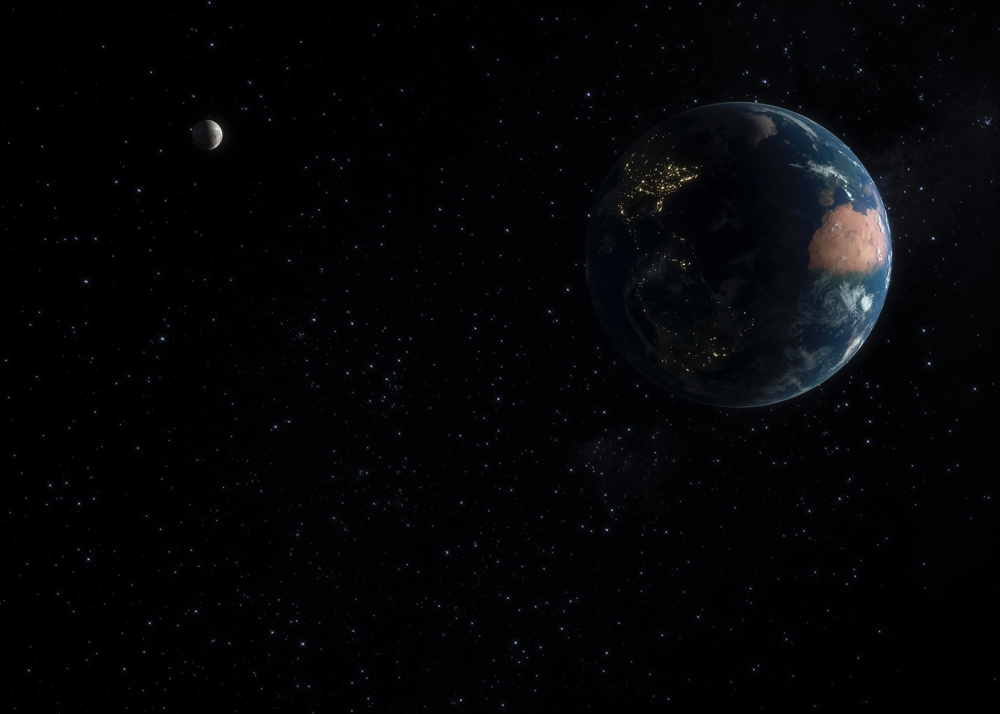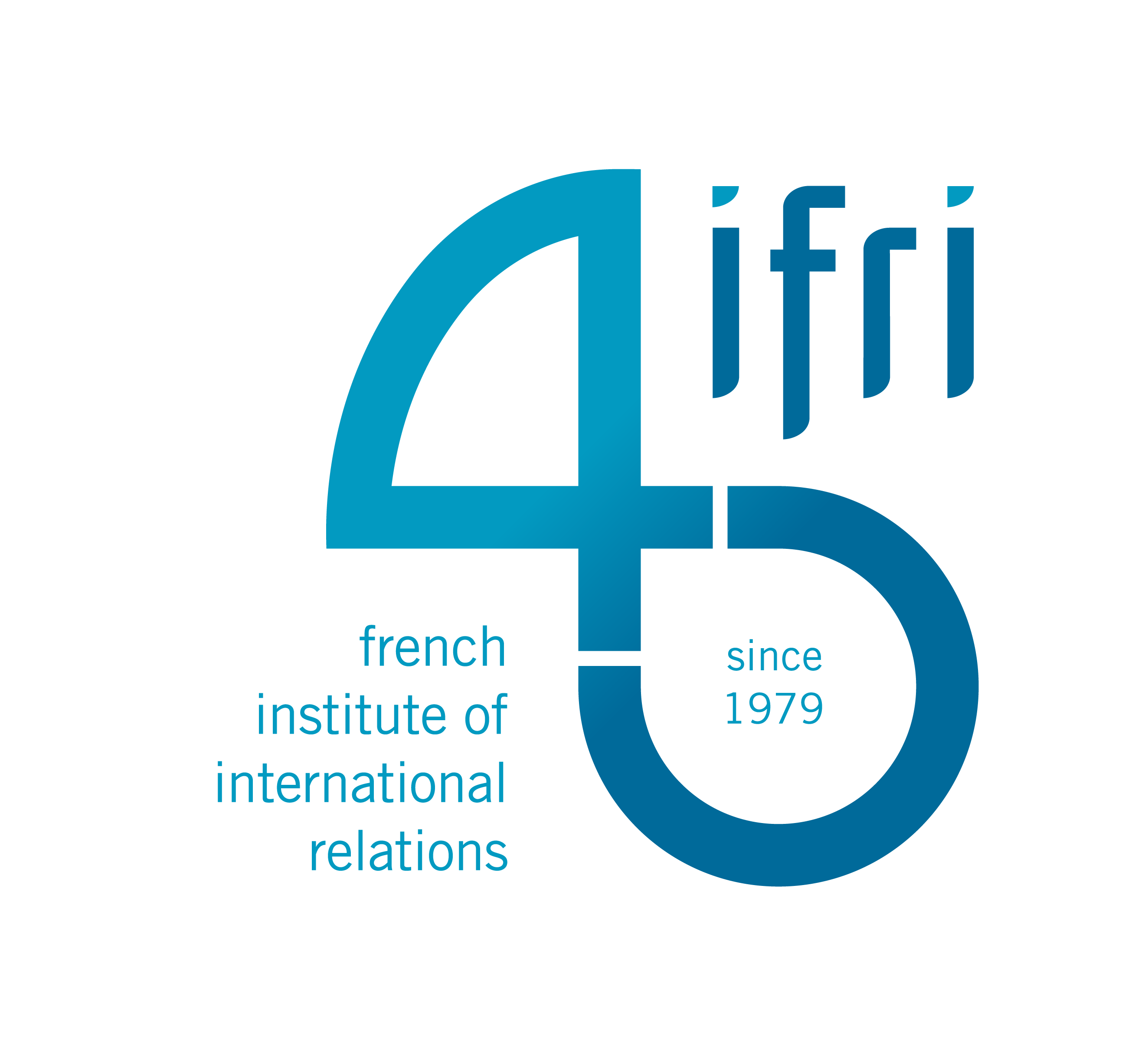The Artemis Accords provide a framework for international cooperation in space exploration as part of the U.S. lunar program. They are part of a coherent strategy.
The Artemis Accords, introduced in 2017 under President Donald Trump, provide a framework for international cooperation in space exploration under the Artemis program.
These Agreements are non-legally binding political commitments, representing a form of soft law. They reaffirm the principles of existing space treaties but also introduce controversial innovations such as “safety zones” on the Moon’s surface and the use of space resources.
The United States (US) encourages all countries, especially future partners in the Artemis program, to sign the Accords. 43 countries, including France, have signed the agreements, motivated by opportunities for scientific and industrial cooperation, despite initial reservations on certain clauses.
The Accords are part of a US diplomatic strategy to promote a “shared vision” of space exploration aligned with American interests. This strategy revolves around a diplomatic initiative that includes the Accords and industrial and scientific collaborations within the Artemis program.
Strongly contested by China and Russia, they are the marker of a dynamic of cooperation between allies of the US, but also of an increased competition between great powers in space exploration. The Artemis projects and Russian/Chinese counterparts are thus shaping new alliances, pitted against each other in a new race to the Moon.
About the Author
Paul Wohrer is a Reserch Fellow specializing in space issues at the French Institute of International Relations – Ifri. His research focuses on geopolitical and strategic issues, as well as technological and industrial developments in the space sector.
From 2017 to 2023, he worked at the Fondation pour la Recherche Stratégique (FRS) as a research fellow on space issues. Paul Wohrer is a graduate of Science Po Bordeaux and the International Space University (ISU) in Strasbourg.


